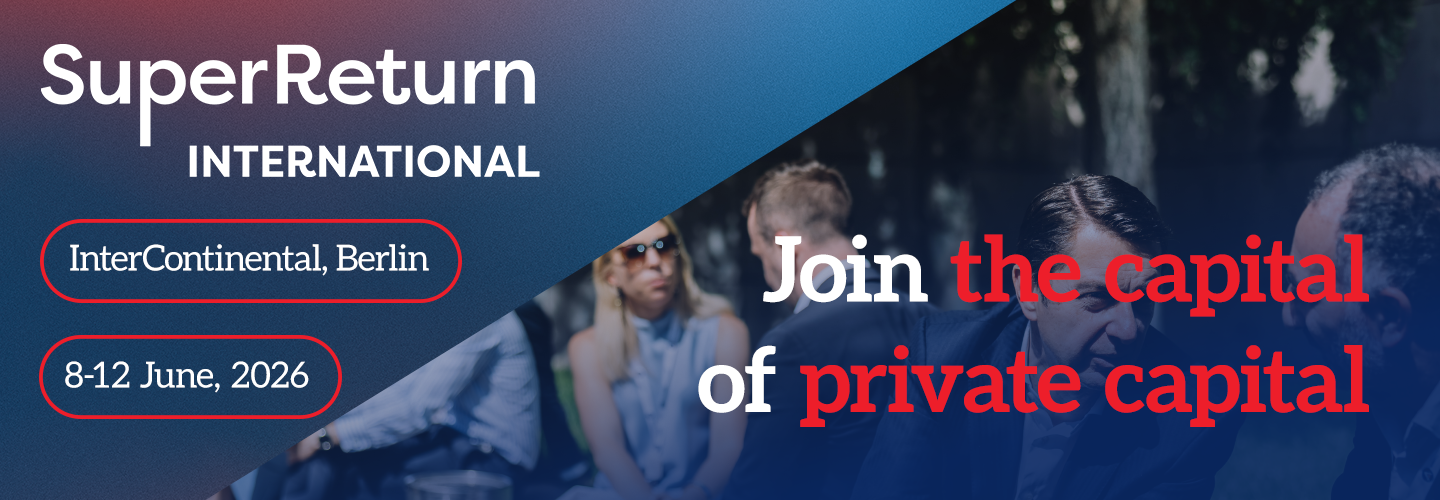Cash, culture, and carry: Winning the talent war with Sasha Jensen, Jensen Partners

The private equity and venture capital industries are in the midst of a seismic shift, and nowhere is this more evident than in the war for talent. At SuperReturn International, Sasha Jensen, Founder and CEO, Jensen Partners, shared her expert insights on how firms are navigating this competitive environment to attract and retain top-tier talent.
The talent landscape: A candidate’s market
Sasha described the current hiring environment as a "candidate market," where experienced professionals in capital formation and distribution are in high demand. Firms are seeking senior business development professionals with proven track records of raising capital from LPs globally. However, this talent comes at a price, and firms are willing to pay for the right expertise.
Retaining talent: Cash, culture, and carry
When it comes to retaining talent, Sasha emphasized the importance of long-term incentives. From securing carry structures that balance short- and long-term revenue generation to offering competitive cash compensation, firms are exploring multiple strategies. She also highlighted the growing importance of work-life balance, particularly for mid-sized firms that need to remain flexible to attract top talent.
- "Cash, culture, and carry" are the three pillars of talent retention, according to Sasha. Firms that can strike the right balance between these elements are more likely to succeed in this competitive landscape.
The role of relationships
Sasha also touched on the critical role of relationships in capital formation. Today’s professionals are not just fundraisers; they are trusted advisors to LPs, deeply involved in portfolio management and long-term strategy. This shift underscores the need for firms to hire individuals who can build and sustain meaningful relationships.
Why SuperReturn matters
For Sasha, events like SuperReturn International are invaluable for staying connected with industry peers and understanding the latest trends. With over 5,500 attendees, the conference provides a unique forum for discussions on talent, compensation, and the future of private markets. As the industry evolves, the war for talent will only intensify. Firms that prioritize culture, offer competitive compensation, and build strong relationships will be best positioned to thrive.
